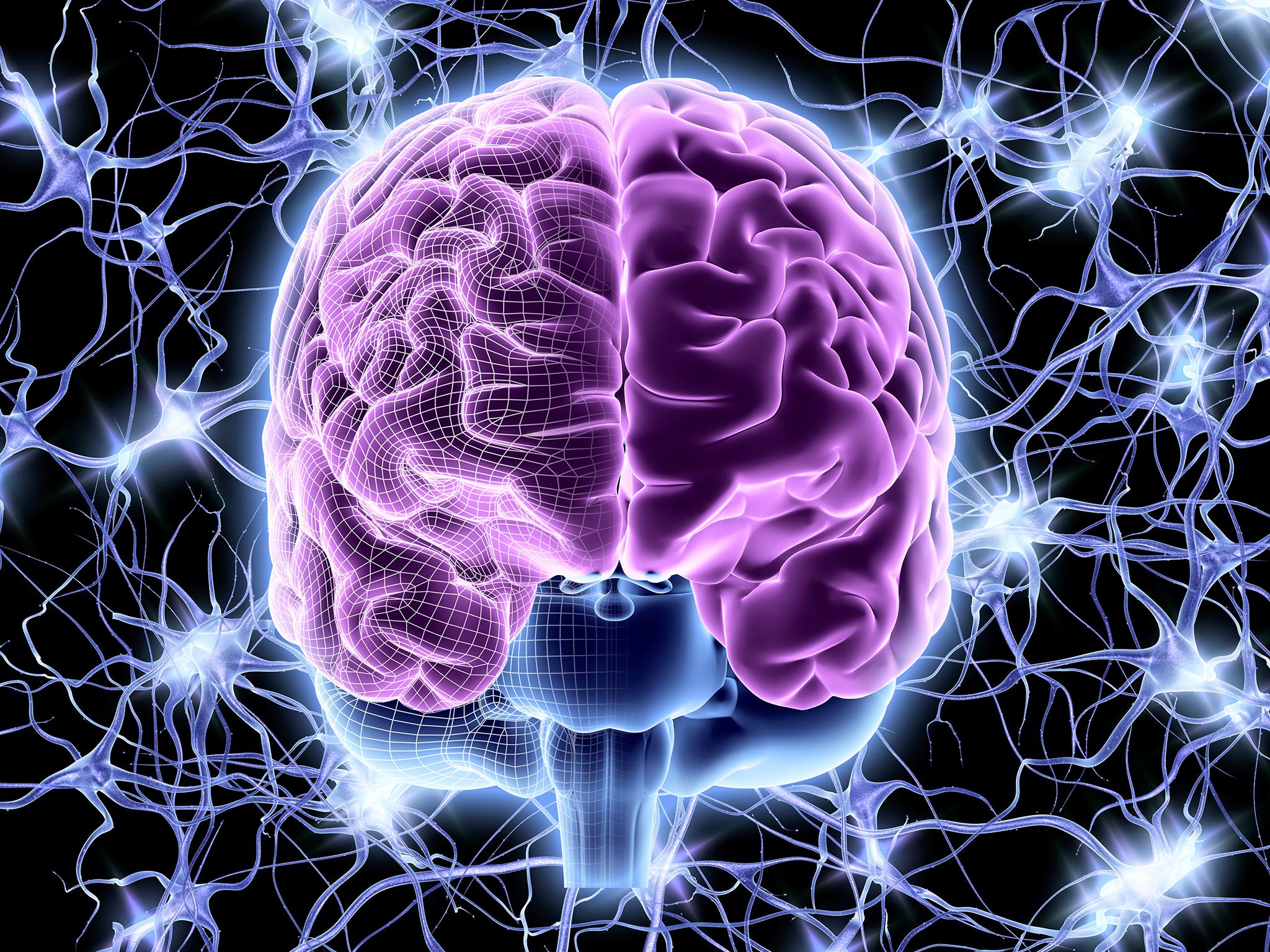Human brain may be designed to give us hallucinations, scientists say
A trait often associated with psychotic disorders may result from a process used by the brain to make sense of the world

Hallucinations, often associated with psychotic disorders, may result from a natural process used by the brain to make sense of the world, say scientists.
Visions and sounds that do not exist can be generated by the brain’s habit of predicting what it expects to experience, filling in missing gaps in reality, the research shows. It is this ability that allows you to recognise a fast-moving black shape in your living room as the cat, even though it was little more than a blur.
Professor Paul Fletcher, from the Department of Psychiatry at Cambridge University, said: “Having a predictive brain makes us efficient and adept at creating a coherent picture of an ambiguous and complex world. But it also means we are not very far away from perceiving things that aren’t actually there, which is the definition of a hallucination."
Mental Health Awareness: Facts and figures
Show all 10The Cambridge team, together with colleagues from Cardiff University, set up an experiment to see if people with psychotic tendencies are better at mentally filling in missing parts of pictures. Participants were shown black and white images that looked little more than a collection of lines and blotches until the full colour originals were seen. Once the picture was complete it was possible to recognise what the outlines were meant to represent. Those with very early signs of psychosis performed better than people with no mental illness.
The research is published in the journal Proceedings of the National Academy of Sciences.
Naresh Subramaniam, from Cambridge University, said: “These findings are important because they tell us that the emergence of key symptoms of mental illness can be understood in terms of an altered balance in normal brain functions. They also suggest these symptoms and experiences do not reflect a ‘broken’ brain but rather one that is striving – in a very natural way – to make sense of incoming data that are ambiguous.”
Press Association
Subscribe to Independent Premium to bookmark this article
Want to bookmark your favourite articles and stories to read or reference later? Start your Independent Premium subscription today.

Join our commenting forum
Join thought-provoking conversations, follow other Independent readers and see their replies